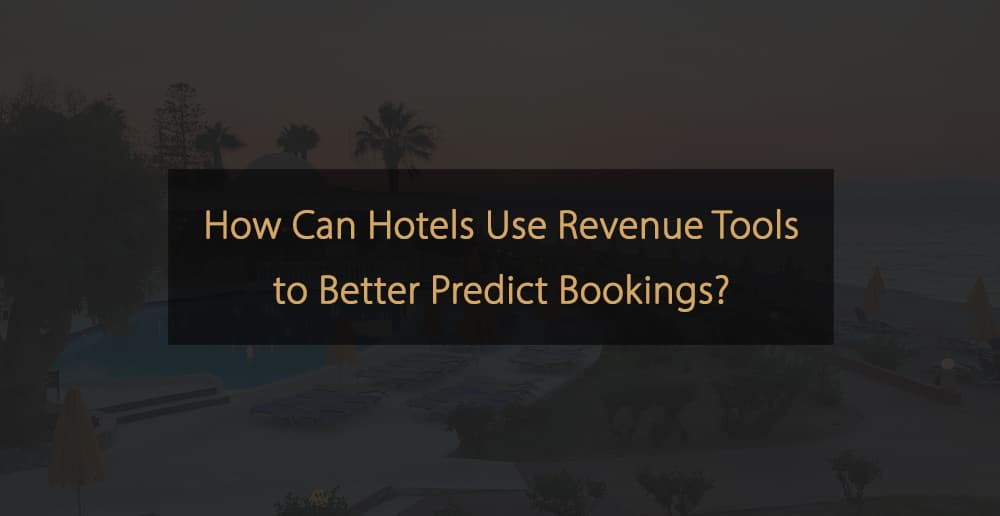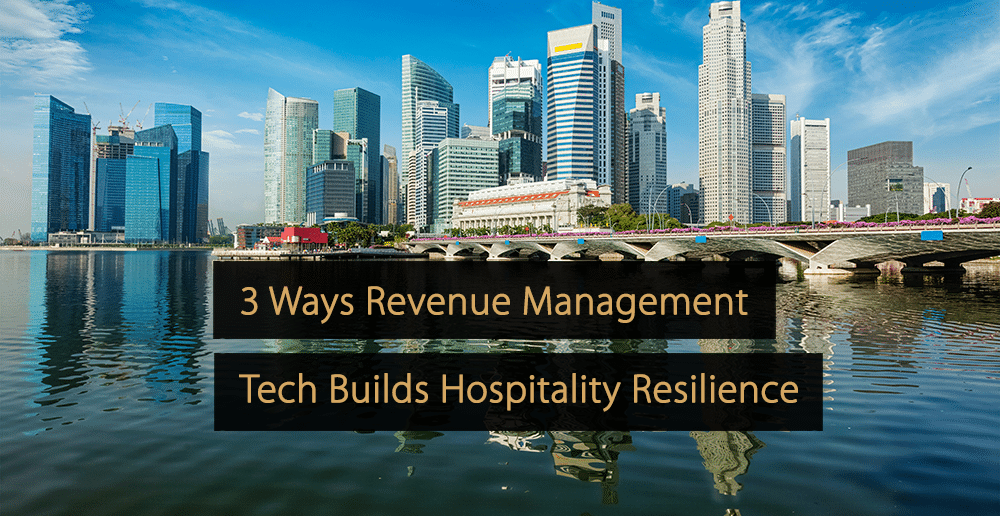When you hear the word automation, it may conjure up images of a future where artificial intelligence and robots take over jobs. The reality, however, is much more nuanced. The notion of automation generally remains ossified in this physical, machine-replace-labour frame and is perceived as another step toward automation-led obsolescence.
Automation in Everyday Life
Discussions about automation all too often focus solely on distant possibilities. Surprisingly many people don’t realize the scale of current automation and the many aspects of our lives that are subjected to automation every day; look at your washing machine, the dishwasher, bus doors, even the humble ATM. Even though they might not be advanced, or overly obvious, all are examples of automation.
In recent years, automation has become more specific and refined to fit certain industries. The idea of the ATM, for example, has advanced banking thanks to automation. And whether it’s paying household bills, purchasing products online, or buying a coffee – it can be done at a simple click of a button or tap of a phone.
Automation leverages intelligent software to perform ordered steps and workflows. Specifically, it replaces repetitive or time-consuming tasks. The hotel business is filled with repetitive tasks that historically haven’t been automated because of the disparate, unconnected systems.
Hotels Present Exciting Opportunities for Automation
You can improve a hotel by improving beds, renovating rooms, adding new F&B options, etc. But suppose you want to improve a hotel’s operations. In that case, you begin to look at the processes required to keep the hotel business running: marketing, sales, housekeeping, front office staff, maintenance, etc.
One area where automation can drive more revenue opportunities throughout the guest journey is upselling– specifically early check-in and late checkout. They are two of the best upsell offerings to enhance guest service and increase revenue – but they are also one of the most under-optimized areas of hotel management.
In the past, pre-selling early check-in wasn’t done because of all the unknown variables. For example, guests need to check out for a room to be free for early check-in. As we all know, we have very little control over when guests may leave. To upsell a hotel room’s check-in and checkout features and processes is to break the standard check-in and checkout flow.
Hoteliers then need to make an extra effort to coordinate between departments. Synchronizing housekeeping, room allocation, and guest arrival and departures for a special case like an early check-in are daunting. Hoteliers would thus rather under-promise and over-deliver, so they don’t want to get pinched by upselling early check-in and then not being able to fulfil the sale.
This Sounds Like a Job for Automation!
Upselling headaches have reduced this potential revenue stream
Upselling is not new to hotels, and we have had to upsell software in the industry for a few years now. But it was never really optimized. While pricing for regular reservations is yielded, upsell pricing has historically just been static. Fixed price points can sometimes be too high to lead to conversion. So, to optimize an upsell price, hotels have had to update the upsell price manually in multiple systems constantly.
The biggest challenge to inventory-reliant upselling is that most of the first upsell software solutions did not check inventory availability.
Even if you sell an early check-in, if availability is not manually verified, the sale may not be fulfilled, leading to a poor customer experience.
These kinds of headaches resulted in hotels’ reluctance to offer early check-in and late checkout. They effectively washed their hands of it – ultimately leaving money left on the table.
But upselling is too valuable to abandon just because it’s too difficult to do well. That’s why we now see new solutions on the market that tie all the disparate systems together so that pricing can be dynamic and there are never any inventory conflicts.
How to Solve the Stay Extension Problem?
The new generation of upsell solutions dynamically pulls data between systems and uses algorithms to calculate offer availability, timing, and price. Specifically, you want a system that can:
- Automatically analyze your inventory each day to identify unsold rooms that are candidates for early check-in and late checkout
- Calculate the optimum price to charge the guest based on room availability
- Send an offer to the guest at the right time for optimized conversion
This is hotel automation in action. There is no manual intervention. You can pre-sell early check-ins and guarantee availability. What’s more, pricing is yielded just like your room reservations. No longer do you ignore potential revenue because it is just too much of a pain to manage. Revenue managers are in a fight to recover pandemic revenue any way they can. And new revenue is music to your asset manager’s ears.
Most importantly, upselling is making the guest experience is better. The person arriving on the early flight can now be confident that they can get into their room (without booking the room for the night before!).
Sometimes hoteliers worry that guests are so used to getting a free early check-in or late checkout that they will not want to pay for it. But we are living in a new world where we digitally customize our experiences. And we love to get on our phones and make things just right for ourselves. Why? Maybe we are so used to online food ordering that we always customize our pizza, salad, etc. Perhaps it’s because the airlines paved the way with their new a la carte pricing model. Regardless, revenue managers are always surprised when they see what people will pay for stay extensions.
Automating upselling is soon going to be a standard operating procedure. After all, it reduces labour costs, drives revenue, and avoids operational conflicts. It removes human error by eliminating the communications disconnect between departments. And it provides control and flexibility to your guests. It turns out that automation is your new best friend.
More Tips to Grow Your Business
Revfine.com is the leading knowledge platform for the hospitality and travel industry. Professionals use our insights, strategies, and actionable tips to get inspired, optimize revenue, innovate processes, and improve customer experience.Explore expert advice on management, marketing, revenue management, operations, software, and technology in our dedicated Hotel, Hospitality, and Travel & Tourism categories.








Leave A Comment